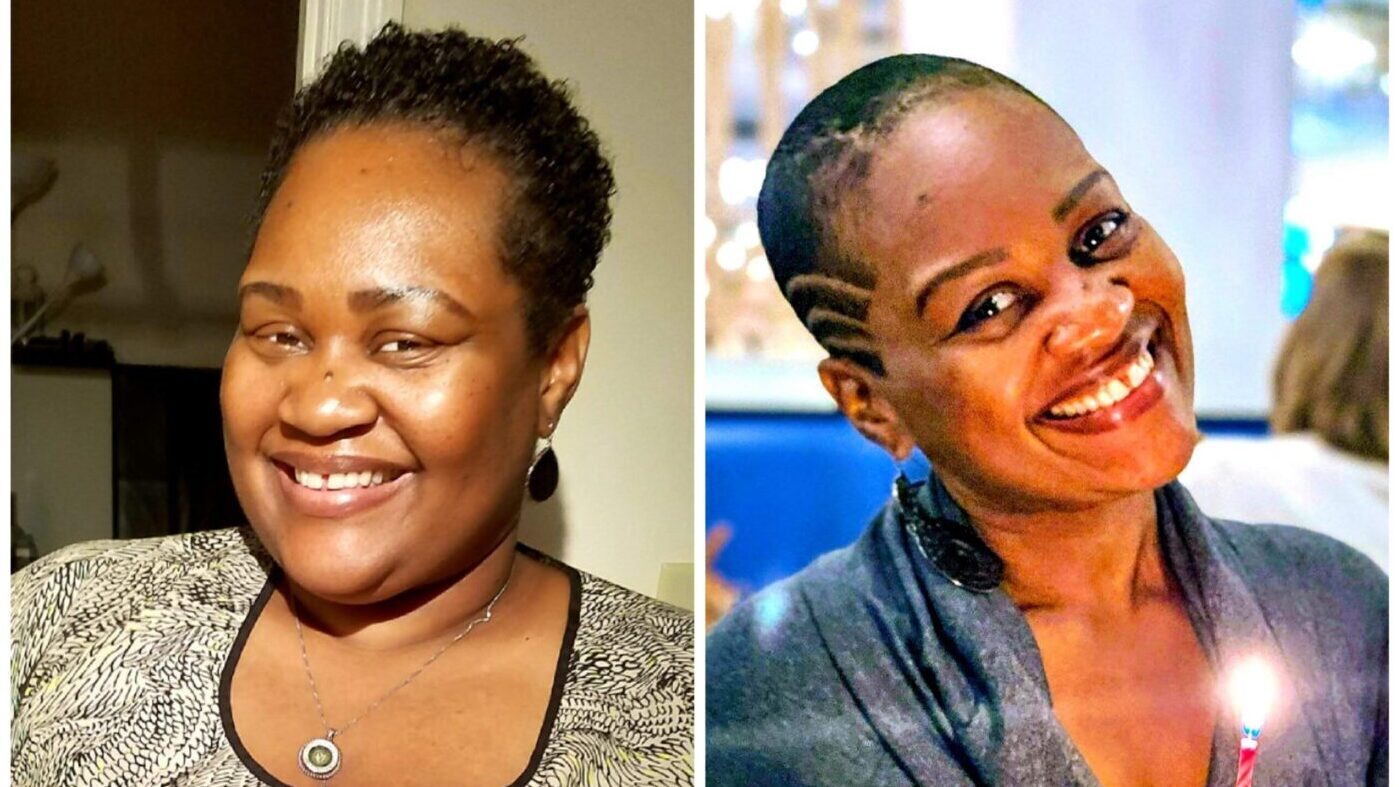The Spiritual Power of Boundaries: Finding Love & Inner Peace
Boundaries often get a bad rap, seen as barriers that keep us apart, a sign of rejection. But let’s reframe that: what if boundaries are actually invitations to keep people close? To keep people in? Think of them as the fence around your home, offering safety and security to the occupant.
Let’s dive into the beautiful, transformative power of boundaries, lessons that took me years to learn
1. Boundaries Keep Us Safe
Imagine your life as a flourishing garden. Boundaries act as the protective fence around it, shielding it from unwanted intrusions. From the deer and rabbits that eat your veggies, but still allowing in the bees that keep your flowers happy. Just as a garden thrives when you maintain and secure it, we flourish when we set and uphold our boundaries.
You have the right– and responsibility!– to safeguard your emotional, financial, psychological, mental, spiritual spaces. Really, all the spaces that you inhabit. It’s not about pushing people away; it’s about creating healthy and meaningful interactions. By defining not only what you’re comfortable with, but also what you require, you ensure a space where you can thrive without constantly fending off external pressures. And who doesn’t want that?!
2. Boundaries Keep Us Secure
Think of boundaries as the framework of a house. Without it, everything collapses. Boundaries give us a sense of security by marking our emotional, physical, mental, spiritual limits. When we make these limits clear, we navigate relationships with confidence and stability. And while rollercoasters may be fun for at an amusement park, they’re certainly not fun in our relationships!
In relationships, boundaries act as guidelines, outlining what is acceptable and what is not. They let you express your needs and expectations, ensuring mutual understanding and respect. This builds trust and a sense of security within the relationship.
3. Boundaries Protect Us
Picture boundaries as a guardian angel, always looking out for your best, highest, sacred, divine interests. They shield you from various kinds of harm. By asserting your boundaries, you don’t shut people out; you protect your well-being by allowing in the ones who you deem worthy of sharing your space.
Think of a security system in your home. It doesn’t mean you distrust everyone who approaches; it’s a precaution to protect your precious space and belongings. Similarly, personal boundaries serve as your emotional, mental, physical, spiritual security system. Who and what will you allow? What behaviors are you willing to allow in and what others will you safeguard yourself from?
4. Boundaries are Flexible
A myth about boundaries is that they’re rigid and unchanging. In reality, they’re as flexible as water in all it’s forms. Just like water, sometimes calm, sometimes frozen, sometimes flowing, boundaries adapt to our different circumstances and needs.
Sometimes, we realize our boundaries are way too distant, so we bring them closer. Other times, we find they’re too restrictive, and we expand them. The key is to stay adaptable and open to reassessing your boundaries as situations evolve.
5. What Boundaries are NOT!
Now that we know what boundaries are, let’s delve into what they ain’t, mkay?!
Boundaries aren’t about rejecting others but about inviting healthy, meaningful connections. They’re your protective forcefield, ensuring you and your spaces remain safe, healthy, and secure. Think of them as tools for nurturing relationships, safeguarding your well-being, and remembering that boundaries, like water, are fluid and ever-changing.
Embrace the transformative power of boundaries in your life. You’ll find they’re not barriers but bridges to stronger, more fulfilling connections with the people around you.
6. What Boundaries are also NOT!
Sometimes, boundaries don’t need a public announcement or debate. Boundaries are often judged most by those who want to benefit from crossing them—those who want you to give what they wouldn’t dream of offering in return. With the most volatile, hateful, or selfish people in your life (think of the ones who constantly drain, disrespect, or disregard you), boundaries are about knowing exactly where you stand without giving them the privilege of picking them apart. Instead, honor your boundaries by what you do. For instance, if someone always interrupts your rest with drama, let them know once, “I won’t be available past 9 p.m.,” and if they text you at midnight, don’t respond. Boundaries don’t need to be explained or defended—they just need to be upheld. The first time they come with foolishness, tell them the boundary. Repeated offenses aren’t met with explanation, they’re met with… (Hopefully) you guessed it, silence!
Prayer of Gratitude for Boundaries
God, thank You for the gift of boundaries! For teaching us that boundaries begin within us, as a form of love, self-control, and discipline. Thank You that You show us that honoring these sacred spaces allows us to love and respect ourselves and others deeply, purely, and without compromise. Thank You, God, for showing us boundaries are not rejection but an invitation to stay close to those who honor and respect our presence.
God, thank You that You did not give us a spirit of fear, but of power, of love, and of a sound mind. Give us courage, rooted in the power of Your love, firm in the peace of a sound mind. Strengthen us to uphold the boundaries You have instilled within us—to be unwavering in our commitment to our well-being and purposeful in how we allow others to approach.
God, help us always remember that boundaries are Your way of teaching us to protect what is holy, that our hearts and minds may stay close to You. Let creating and upholding our boundaries be an act of faith, our way of honoring the life, love, and wisdom You’ve placed within us.
Thank You that we know Jesus had boundaries and so we can have them too!
In your mighty, matchless name, we pray. And so it is. It is already done. Amen.
